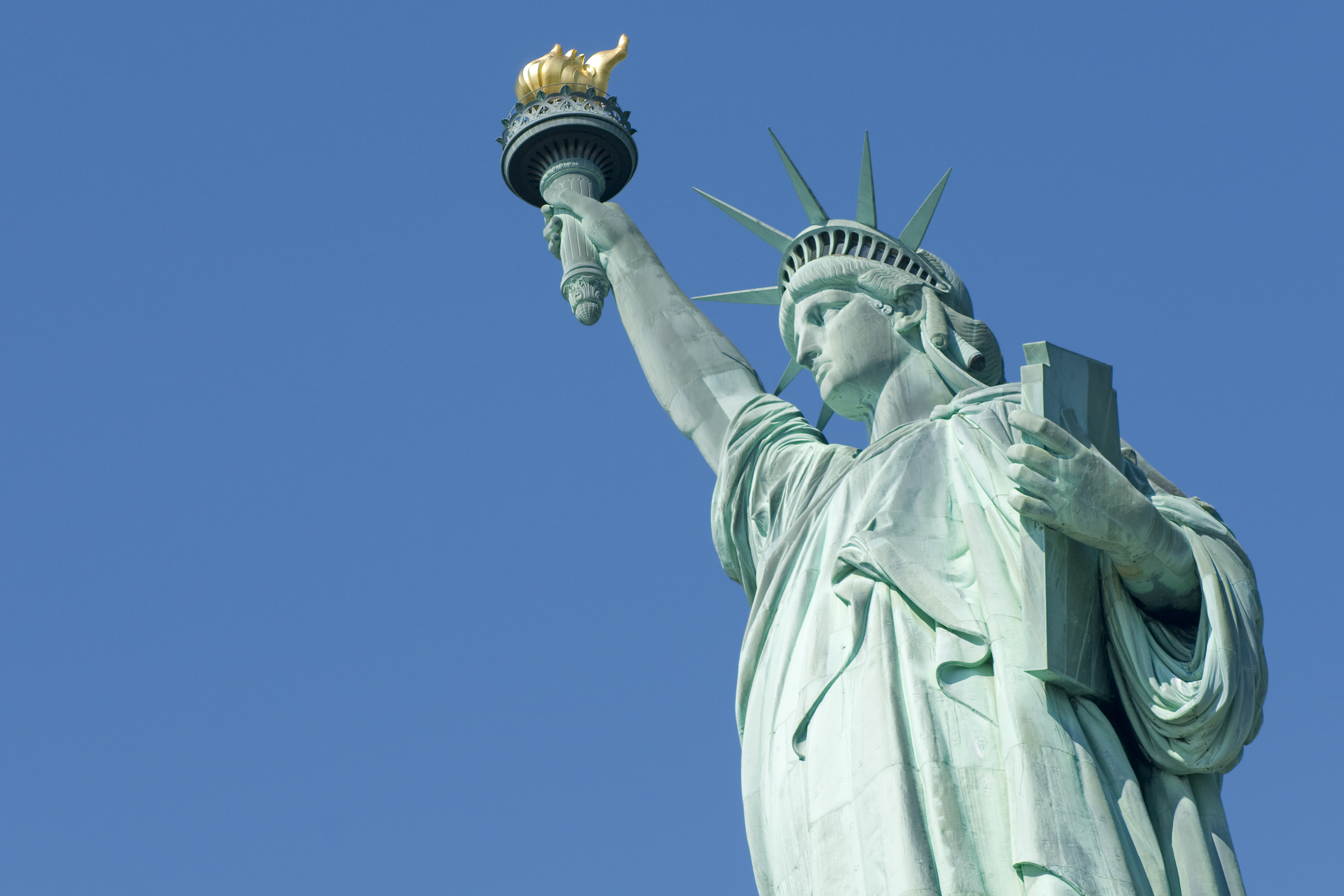Trump v. Hawaii
Scoreboard
Status
Share this Case

Case Summary
In 2017, President Donald Trump issued a series of executive orders banning entry for citizens of certain Muslim-majority countries. Becket filed an amicus brief when one of the orders came before the Supreme Court last year in Trump v. International Refugee Assistance Project. In January 2018, Becket filed a friend-of-the-court brief in Trump v. Hawaii, arguing that the federal courts should rely on the Free Exercise Clause, not the Establishment Clause, to resolve claims of religious targeting of Muslims.
The notorious Lemon test is an ahistorical Establishment Clause test that asks judges to evaluate the state of mind of lawmakers rather than analyzing whether the government is creating an establishment of religion. Becket argues in its brief that when analyzing claims that the government is targeting particular religious people for disfavor, courts should use the Free Exercise Clause of the First Amendment to decide the claims instead.
On June 26, the Supreme Court ruled on separate grounds, holding that the Establishment Clause did not apply with the same force to foreign nationals seeking entry to the United States.
Importance to religious liberty:
- The Free Exercise Clause: The Free Exercise Clause protects religious people from government targeting because of their religious beliefs.
- Establishment Clause: The ahistorical Lemon test depends heavily on speculations about the state of mind of a single government official —this case should instead be evaluated under the Free Exercise Clause.